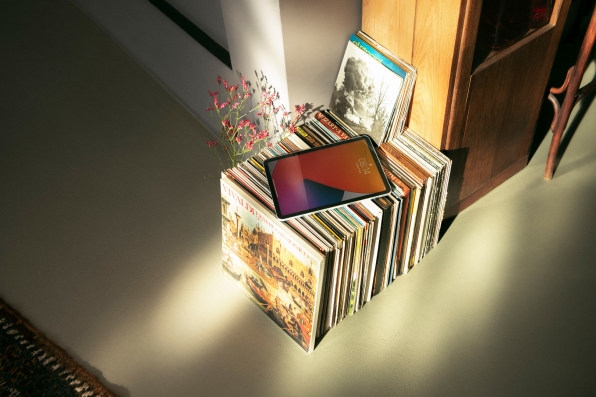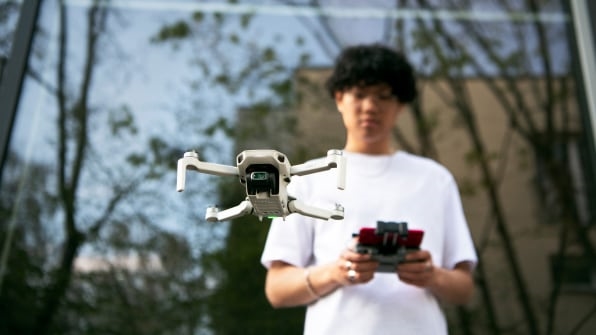What if you rented your next laptop?

“We’re actually reducing this huge pile of tech waste that’s happening,” says Michael Cassau, founder and CEO of the Berlin-based company, called Grover, which launched in the U.S. today, renting everything from cameras to gaming PCs to drones. “Typically, what happens is that this product lays in your drawer for three years…it’s too time consuming to sell it on eBay. And you don’t know what happens with the data.” When people finally get around to cleaning up, old products often end up in the trash.

Cassau started thinking about the rental economy in 2014, when he was temporarily living in one city with plans to move back to another, and didn’t want to buy or finance furniture that he’d quickly need to get rid of. “I asked myself, why isn’t there a third option? Why isn’t there the possibility to just pay for things as long as you actually use them?” While rental models were already growing in other categories—Rent the Runway launched for apparel in 2009—he saw the opportunity to do the same thing for tech gadgets, helping make expensive products both more affordable and less likely to eventually be thrown out.

Grover launched in Europe the following year. It’s simple to use; customers can subscribe to an item for one, three, six, or 12 months, with the option to keep renewing the subscription, or return the product, spending less than they would have to buy it with insurance. (Buying the product after renting is also an option.) When items come back to Grover, the company works with partners to refurbish and repair them as needed and then rents them to someone else, lowering the price over time to keep older models in circulation. When they eventually wear out, the company works to recycle the product—better than hoping consumers have access to responsible e-waste disposal. The company estimates that in Europe, where it has recirculated half a million products so far, it has prevented roughly 1,500 tons of e-waste.

As the company grows, Cassau hopes to influence manufacturers. “We’re demanding more durable products, that must be refurbishable,” he says. “I think the trend is going there.”
(35)



